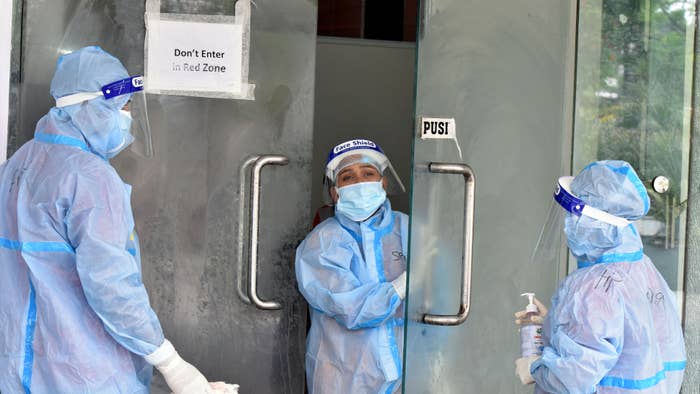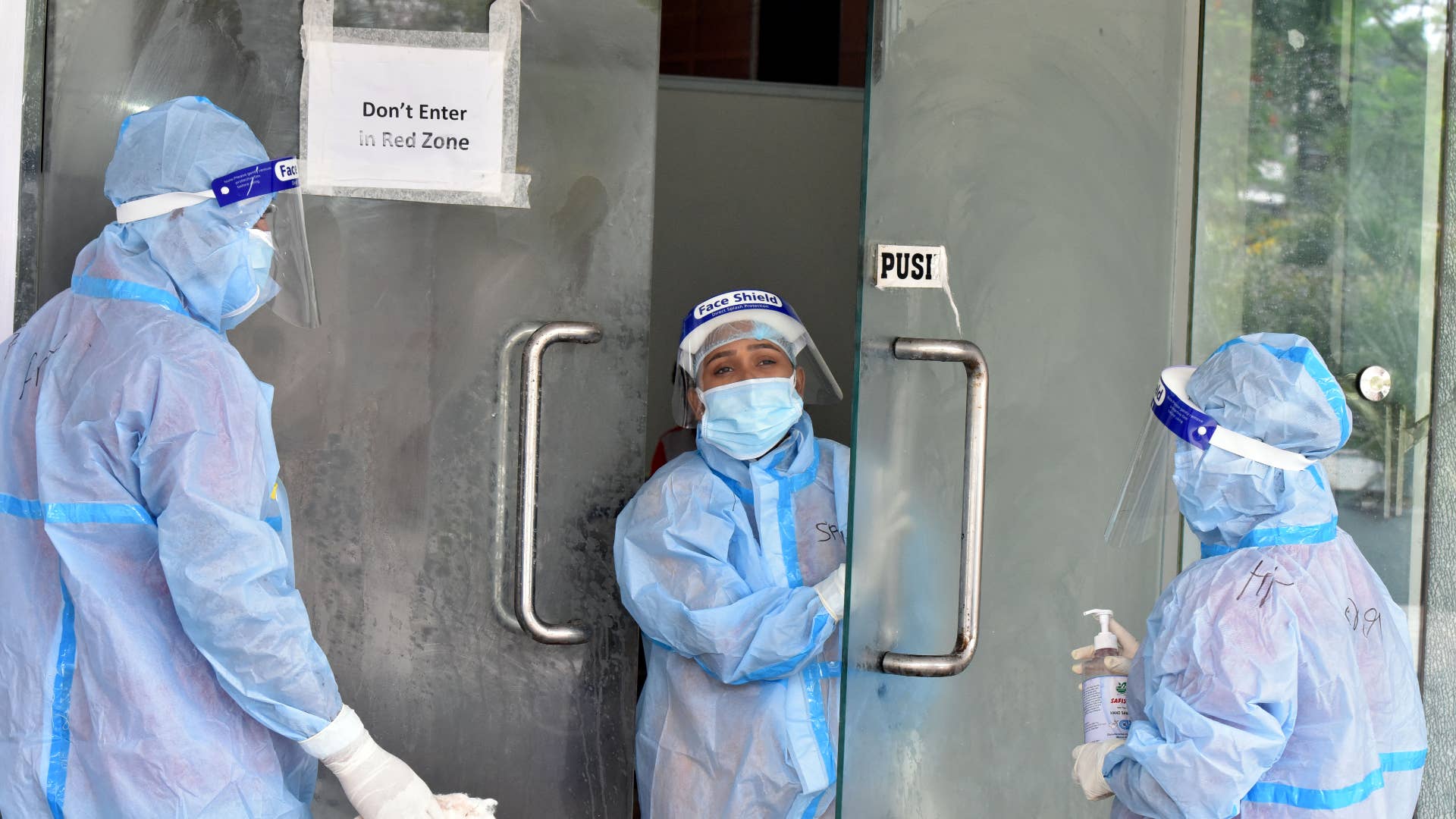
As India’s healthcare infrastructure continues to grapple with devastating COVID-19 numbers, the region is also facing a shortage of medication used in the treatment of a rare fungal disease.
Several states in India, per a report from the Guardian, have started declaring a “black fungus’ epidemic as cases of the typically rare infection have risen among those recovering from COVID-19. The disease is formally known as mucormycosis and has a 50 percent mortality rate. While patients are first affected in the nose region of the body, the fungus is capable of spreading into the brain, with drastic surgeries often required.
As of Friday, five states—Tamil Nadu, Odisha, Gujarat, Rajasthan and Telangana—had declared black fungus to be an epidemic. Per Hannah Ellis-Petersen’s report, additional states are projected to follow suit.
As CNN’s Jessie Yeung noted in a separate CNN report, also released on Friday, healthcare officials in India started warning of a rise in black fungus cases, with many of the confirmed infections said to have been recorded among current COVID-19 patients and those who recently recovered. This is due to weakened immune systems, which can also be spurred by other underlying conditions, diabetes among them.
Mucormycosis is categorized by the CDC here in the U.S. as a “serious but rare fungal infection” that’s caused by a group of molds called mucormycetes. The infection most commonly has an impact on a person’s sinuses or lungs after they’ve inhaled fungal spores in the air. Mucormycosis isn’t contagious, meaning it doesn’t spread between people.
Thousands of cases of black fungus have been reported in India in recent weeks, including hundreds of hospitalizations and—per CNN—at least 90 deaths. The Guardian report, meanwhile, said that more than 7,200 people in India have been infected with mucormycosis and 219 have died. Previously, doctors theorized that the spike in black fungus cases could be connected with the use of life-saving steroids in critically ill COVID-19 patients.
India’s Ministry of Health and Family Welfare, citing data from the Indian Council of Medical Research, announced earlier this month that the following conditions in COVID-19 patients could increase the risk of a mucormycosis infection:
- uncontrolled diabetes
- weakened immune system due to steroids
- prolonged ICU or hospital stay
- co-morbidities/post-organ transplant/cancer
- prior therapy for serious fungal infections
At the end of April, the White House said it was restricting travel from India due to the high COVID-19 case numbers in the country.

